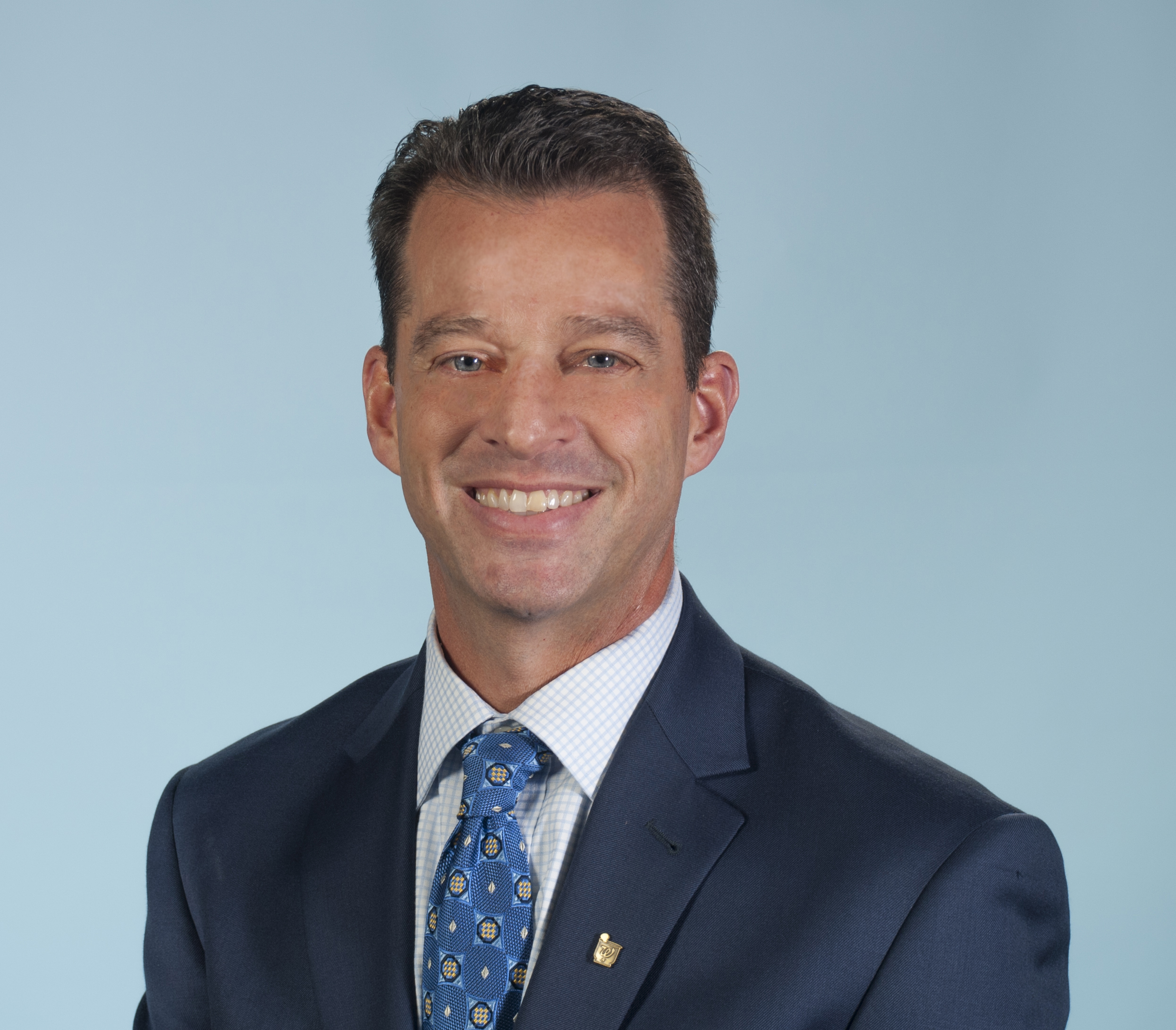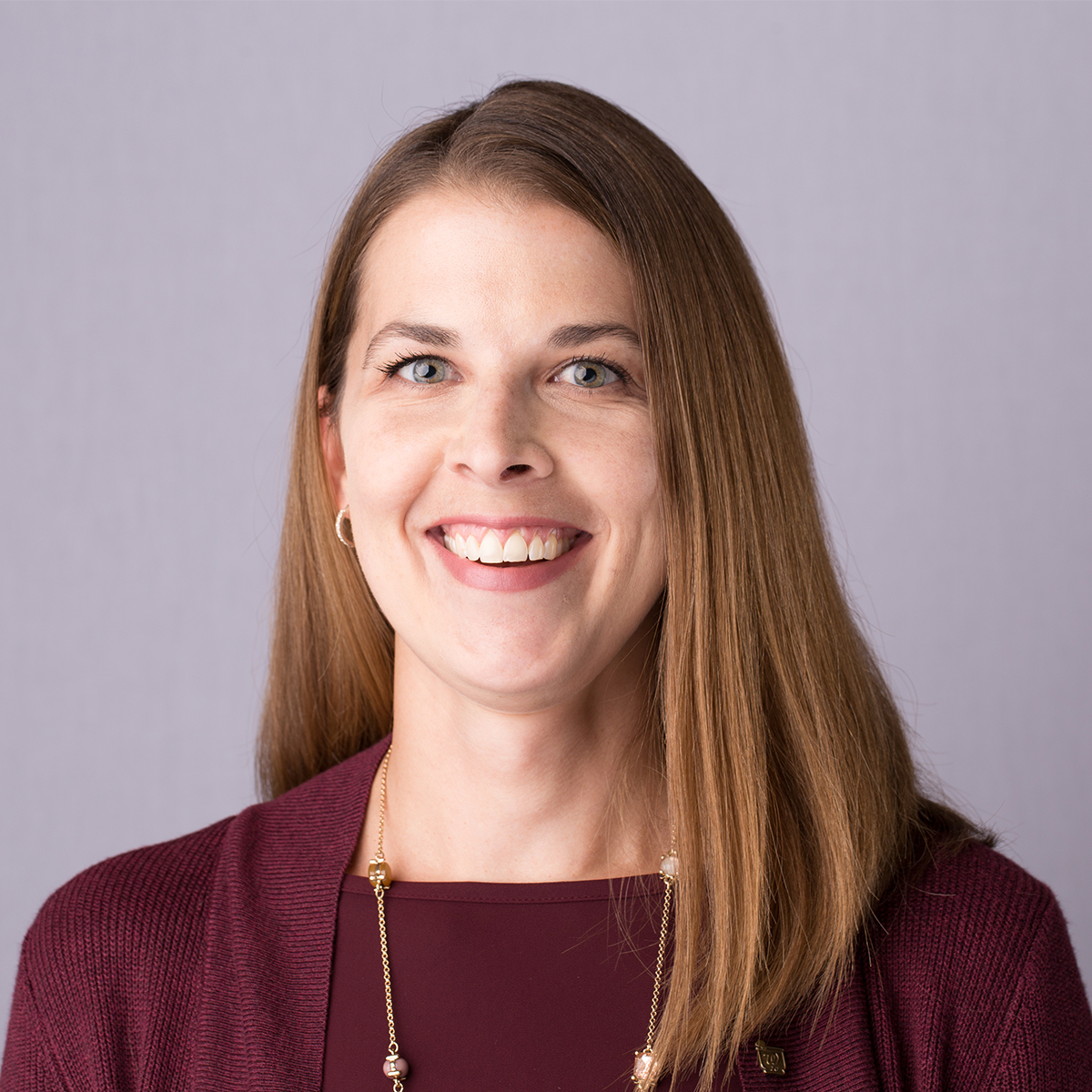In 2015, Jim Cohn, Walgreens’ senior director of external relations; and Rachel O’Koren, director, Office of Clinical Integrity; had an idea: how could pharmacists play a greater role in mitigating the mental health crisis in America?
What started as a passion project evolved into the launch of Walgreens’ digital platform focused on mental health in May 2016. But that was just a start, and Cohn and O’Koren knew where the mental health effort could really get traction: by carrying it over into Walgreens stores and leveraging pharmacists as the most accessible providers in the community. From this came a first-of-its-kind training program, announced last May.
Introduction to Mental Health First Aid for the Pharmacy was developed through a collaboration between Walgreens, National Council for Behavioral Health and the American Pharmacists Association (APhA). The program covers mental health literacy, understanding risk factors and warning signs for mental health and addiction concerns, and strategies for how to help someone in both crisis and non-crisis situations.
The first cohort of Walgreens pharmacists recently completed the training – and with mental health issues on the rise due to COVID-19, there are plans to accelerate the rollout of the program to pharmacists across the company.
In honor of Mental Health Awareness Month in May in the U.S., we sat down with Cohn and O’Koren to learn more about the origins of the program and why it matters now, more than ever.

This is the first program of its kind. Where did the idea for training pharmacists in mental health first aid come from?
Jim Cohn (JC): I had a close family member going through some issues, and it really opened my eyes to some of the glaring needs around mental health, and also the prevalence. Access to care is a real challenge, especially in times of crisis, and there are all kinds of trials and tribulations around medications. And the person who was most helpful to me as I went through this happened to be a pharmacist who sat in an office around the corner from me at Walgreens headquarters. She’d stop by regularly to ask how my family member was doing, and answer questions I had about different medications.
At the time, I was working on pharmacy communications. With programs like flu, we were talking a lot about pharmacists as accessible providers in the community and playing an integral role as part of a patient's care team, especially with chronic conditions like heart disease, cancer and diabetes. With these, we were largely focused on programs and services aimed at improving medication adherence and, ultimately, outcomes – but at the time, no one was talking about mental health. And I started thinking that when we speak about wellness, it should be inclusive of both mental health and physical health. You can't just focus on physical conditions and ignore mental health, or vice versa, because you're only addressing half of the equation.

Rachel O’Koren (RO): Jim reached out and asked me what we were doing in the mental health space. And I said, Jim, I don't think we're doing enough.
I've had a number of family members and friends impacted by mental health issues, so I felt very passionate about the topic. At that time my team and I had been really involved in standing up our Health Answers center on Walgreens.com, and so we had a timely opportunity to provide our customers with education on mental health. I think our feelings, though, were that education was a first step, but we'd like to also provide a little more substance. So I was very happy to join Jim on this journey.
Why did you feel like Walgreens had the ability to do more in this space?
JC: One in five people in the U S is dealing with a mental health condition every year. So it's a significant percentage of the population – which means it's also a significant percentage of our customers and patients. With Walgreens’ footprint, we have the ability to reach 8 million people a day in our stores and online, many of whom are interacting with our pharmacists. So we have a great opportunity to provide education and heighten awareness. But I also kept thinking there had to be a greater role our pharmacists and clinicians could play – beyond adherence, working with other providers, connecting people to resources. So how could we provide the tools or training for them to do that?
We started looking around at different training programs, especially those that might be available for a pharmacist. There was really nothing that existed at the time. But I came across a Mental Health First Aid training program that had been introduced by the National Council for Behavioral Health.
RO: Their program basically teaches you the equivalent of CPR for mental health, so you're prepared in the event that something happens, and gives you the ability to intervene until the next level of care can step in. But it was created for laypeople, not specifically for pharmacists.
So we reached out to the National Council to ask about more specialized training. It turned out they’d already been approached by the APhA about building a program together. We've partnered over the years with APhA on creating training programs for our pharmacists, so we felt like this was a great opportunity to work with these two leading organizations to build a Mental Health First Aid program together.
Our goal was ultimately to bring this program to our own pharmacy team members, but at the same time we were building it for the industry. We've been working on it over the last couple of years, and recently launched the program to our health outcomes pharmacists.
Was there something specific about health outcomes pharmacists that made them a good pilot group?
RO: Our health outcomes pharmacists are focused on improving patient outcomes and medication adherence, and are already interacting with customers on a daily basis, mostly through the phone. They regularly reach out to a subset of patients in need of high-touch clinical care and interventions to help manage chronic health conditions like diabetes, hypertension or high cholesterol.
With the Mental Health First Aid training, we’re hoping they will be able to identify mental health warning signs, work with other providers and even find gaps in care or treatment. We felt like this group would be a good test model to gather some feedback on the program before launching it more broadly.
There’s been a lot of news about the impact of COVID-19 on mental health. How has the current situation affected plans for the Mental Health First Aid program?
RO: The good news is that we built this as an online program. The original training was an in-person, all-day intensive session, but it was hard for pharmacists who are already so busy to find the time to do that. So we made it web-based so that more people would be able to access it.
In light of COVID-19, and knowing that there will be increased need for mental health services, we are now going to make the training available to any of our pharmacists who are interested in participating, while we are still closely watching the original pilot group to gain insights and monitor impact. In addition, the program will be made available to any APhA member, no matter where they work.
So … what comes next? What are your hopes for this program?
JC: I think there’s a much greater role we can play, especially building on our efforts to combat opioid abuse and misuse. There is a lot of overlap between those who live with mental health conditions and those who are battling addiction, including opioid abuse, so there's opportunity for us to better connect these initiatives with a more comprehensive program that looks at mental health and addiction. The program does include a component on substance abuse, but we can always do more.
RO: I am looking forward to seeing this really come to life and measuring the impact. I think the reality is that pharmacists see patients with mental health issues every day. We just don't talk about it, or we don't always know how to help. People often come to us before they talk to others about these issues. And we see people frequently as they're refilling their medications, so we can often pick up on subtle signs that something isn't quite right. With this training, our pharmacists can hopefully play a triage role. We're not mental health professionals. We are not trying to play that role. What we want is to get people into care.
JC: Exactly. Stigma is the No. 1 reason people don't seek treatment, and more than half of those with mental health concerns or conditions do not. So the more we can start the dialogue around mental health, be open about it and encourage others to do so, the more we’re able to help people take that first step – whatever that first step might be, whether it’s speaking to your primary care provider, your pharmacist, or a mental health specialist, or going online and taking a screening assessment to find out if you may be at risk.
At Walgreens, our purpose is to champion the health and well-being of every community in America. If you think about health as physical health, and well-being as mental health, then it’s very true to our brand to be doing this work, to be providing these resources and to put our pharmacists in a position where they can do more to care for our patients.



